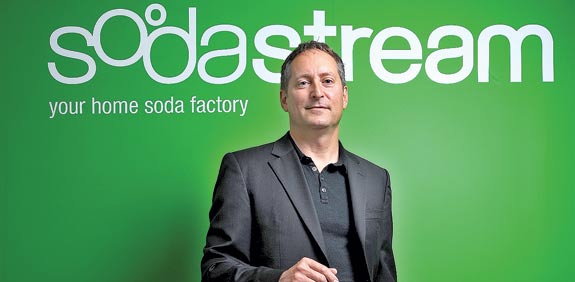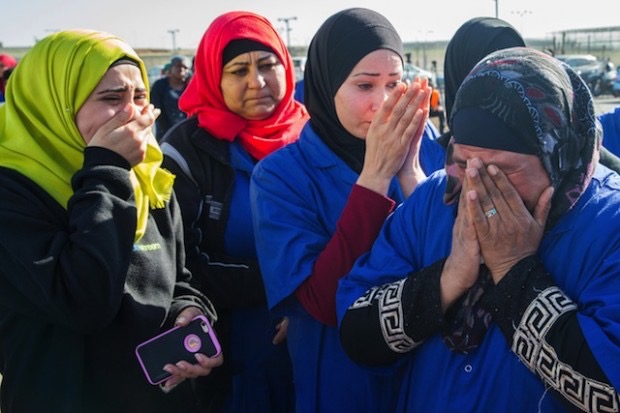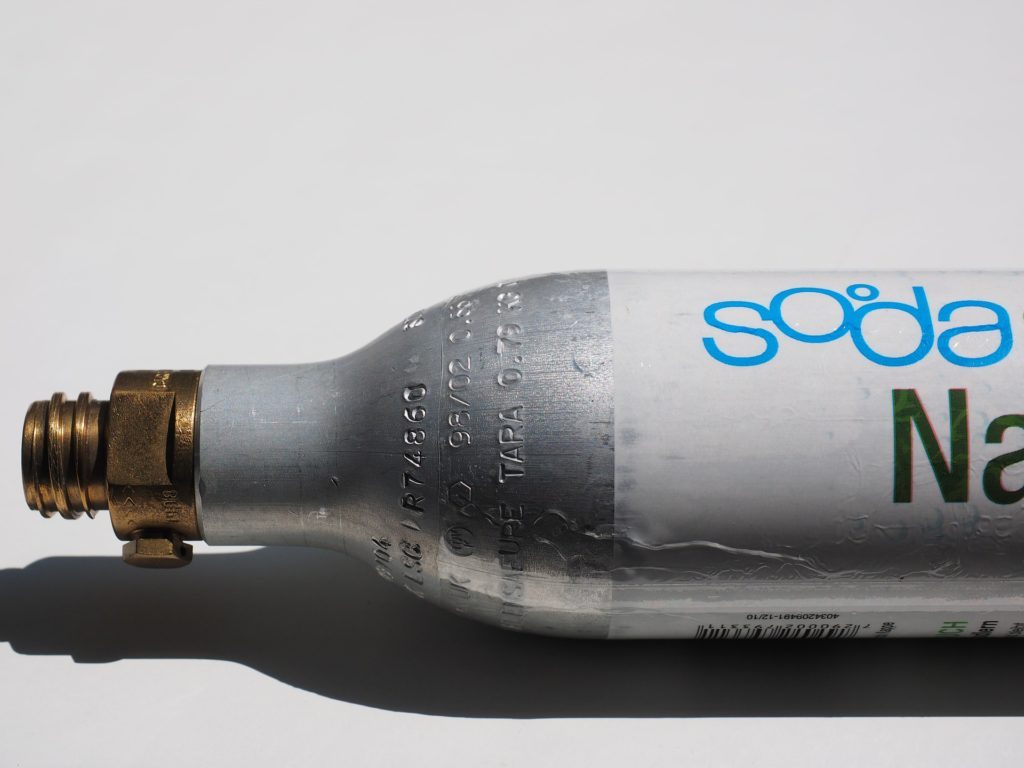Walk around the NAC Rotunda between club hours, or even 12pm to 2pm on a Monday or Wednesday. There is no shortage of student clubs trying to sell you baked goods or fresh waffles. The pro-Israel student advocates at City College have introduced a Soda Stream. Soda streaming may be the new waffle ironing with free cups of soda being carbonated on site for passing students. However, the home water carbonator producer has a deeper relationship with Israel than meets the eye.
Daniel Birnbaum found Soda Stream in London and it calls Lod, Israel its home. This corporation manufactures and produces water carbonators for individual use. Due to its factory in the West Bank, movements such as Boycott, Divest, and Sanctions (BDS) have targeted Soda Stream. Proponents of the BDS movement believe that by boycotting Israeli goods, Israel will become pressured to leave the West Bank. This would further Palestinian independence. But the businesses they are divesting in are providing jobs to the people they are trying to empower. An article published by Karys Rhea at the Committee for Accuracy in Middle East Reporting in America states, “BDS does nothing to improve ‘human rights conditions’ for Palestinians. In fact, the campaign only worsens [their] economic status.” The extent of the BDS movement managed to force Soda Stream to close its factory in Mishor Adumim. The factory employed over 400 Palestinians at the time. They worked in harmony with Israeli citizens.

Yossi Hertz is the co-founder of Students Supporting Israel at CCNY. He cited Soda Stream as a perfect example to show Israel’s attempt to achieve dialogue. “It’s of upmost importance that students be aware of the many groups who claim to work for Palestinian human rights, but in reality…[caused] hundreds of Palestinians to lose their livelihood as long as it meant ‘normalization’ with Israel,” says Hertz. Southern Israel became the new home to the West Bank Soda Stream factory. All workers were welcome to return for employment, but the commute is long for many. Additionally, work permits were difficult to obtain.

Coexistence is also seen beyond the private sector in Israel with an integrated military. Elliot David, a sophomore at Hunter College, was an ex-IDF soldier. He describes his experience with “several hundred soldiers that spoke over 30 languages.” He also comments on Arab-Israeli coexistence. “One of my best friends from the army was an Israeli-Arab, [and] in fact, when I was offered a promotion to stay in the army we gave the position to him instead,” David recalls. Anecdotal, but enlightening is this experience even in a state-sponsored institution. Speaking even louder is the amount of capital Israel is investing in Arab communities over the next five years—$4 billion. According to The Times of Israel, the Israeli government approved a development plan to raise the quality of life in Israeli minority communities. These include Israeli Arabs, with a particular focus on improving education and infrastructure.
Coexistence and integration are not as foreign to the Middle East as many perceive, and the state of Israel is leading those initiatives. That free cup of bubbly cola is the tail-end of how Israel and Israelis are promoting “peace in the Middle East.” Despite the ignorance of boycotters, Soda Stream continues to set the example for unity in current conflicts.

Originally published at “The Campus”, the student newspaper at The City College of New York.
Contributed by Ariel Avgi, CAMERA Fellow at City College of New York.

